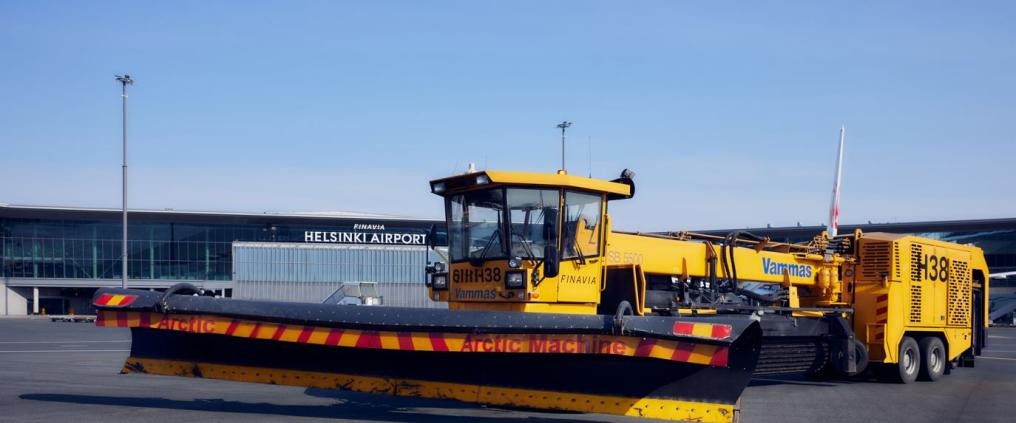Finavia, the Finnish airport operator, has taken a groundbreaking step by joining the Finnish hydrogen cluster in January 2024, marking its commitment to promoting sustainable aviation in Finland. In a pioneering move in Europe, Finavia is also participating in an international EU project to test the use of hydrogen in maintenance equipment at Helsinki-Vantaa Airport. Henri Hansson, Finavia’s Head of Technology, Responsibility, and Safety, emphasized the company’s preparation for hydrogen use and the necessary infrastructure to meet the needs of both the airport’s operations and its airline and business partners.
This commitment aligns with the national hydrogen cluster’s goal to energize Finland’s hydrogen economy. By integrating Finavia’s airports and air traffic into the country’s hydrogen ecosystem, Finavia is leading the way in innovation for the application of new fuels in European aviation.
The key to reducing aviation emissions lies in replacing conventional jet fuel with carbon-free alternatives derived from renewable resources, such as hydrogen. As part of the Baltic Sea Region HyAirport international project, Finavia is the first in Europe to trial hydrogen as a fuel for heavy airport maintenance equipment at Helsinki-Vantaa Airport. This initiative has received a €4 million grant from the EU, providing valuable insights for future aviation needs, including potential hydrogen-powered aircraft.
Finavia’s sustainability director, Mikko Viinikainen, highlighted the project’s role in setting new standards for airports in handling, storing, and distributing hydrogen. The Baltic Sea Region HyAirport project involves retrofitting a Finnish-made brush blower engine with a piston engine that runs on gaseous hydrogen, paving the way for potentially hydrogen-powered heavy snow removal machines in the future.
Finavia envisions a future where low-emission technologies coexist at airports, with current maintenance equipment already utilizing renewable fuels and plans for the electrification of small and medium-sized vehicles. The heaviest machinery will explore hydrogen-powered solutions, tested in the ongoing project.
This transition towards sustainable aviation won’t happen overnight, as the aviation industry’s development work and the safe introduction of new solutions take time. However, Finavia is determined to lead the charge towards a sustainable future for aviation, aiming to achieve net-zero carbon emissions from its operations across 20 airports in Finland by 2025.


